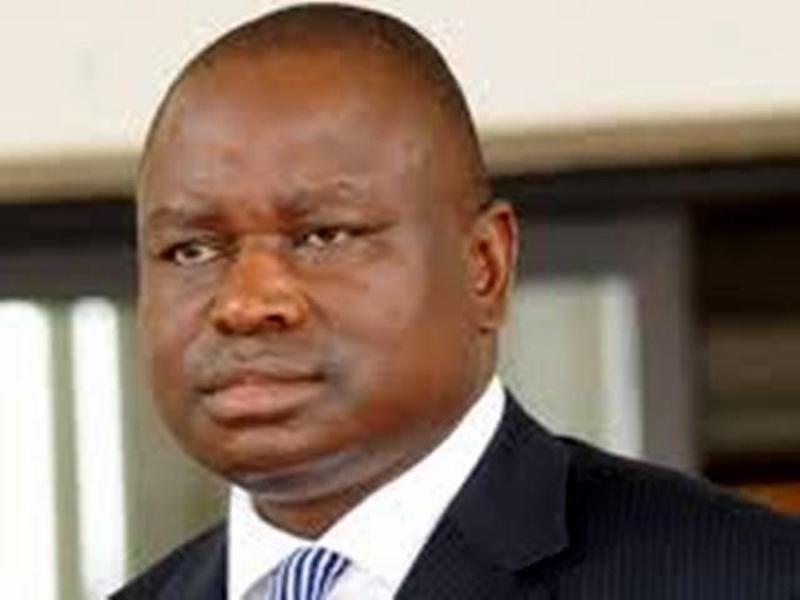EFCC Secures 750 Conviction In 2020
The Economic and Financial Crime Commission (EFCC), has declared that it has secured 750 convictions in its fight against corruption in the last 12 months.
EFCC acting chairman DCP Mohammad Umar Abba made the disclosure at the presentation of the Anti-corruption Strategy and inauguration of Kano Anti-corruption Institute in Kano.
Abba, who revealed that despite the challenge of the global COVID-19 pandemic which virtually incapacitated entire operations, said the EFCC had equally obtained forfeiture of illegal property to the Federal government.
Represented by the director, public relations at the commission, Hajia Aisha Lare Musa, Abba stressed the commitment of the agency to rid the society of corrupt tendencies despite critical challenges bedeviling the fight against anti-graft in the country.
The EFCC boss who acknowledged the critical impact of intelligence gathering and information in the fight against corruption, implored general public to provide confidence information of corrupt practice.
Applauding the effort of the Kano state Public Complaints and Anti-Corruption Commission for injecting sanity and zero tolerance to public and private sector, the acting chairman pledged EFCC strategic support to enabling environment to strive.
On his part, Governor Abdullah Umar Ganduje said his administration has signed into law Anti-Corruption instrument to fight the menace of corrupt practices in public and private sector in Kano.
Ganduje, who was represented by his deputy, Yusuf Nasiru Gawuna, declared zero tolerance to corruption insisted that transparency and accountability will remain the watch word of his administration.
Chairman of Kano anti-graft agency, Muhuyi Magaji Rimi-Gado, restated commitment to fight corrupt practice without fear or favor.
Muhuyi further declared that the commission was not subservient to any directive while discharging his entrusted mandate.
The chairman explained that the new strategy document was designed to further reinvigorate the operations of the commission with public engagement, in line with global best standards. He added that the institute would also provided an avenue to strengthen intellectual capacity of staff of the commission.



